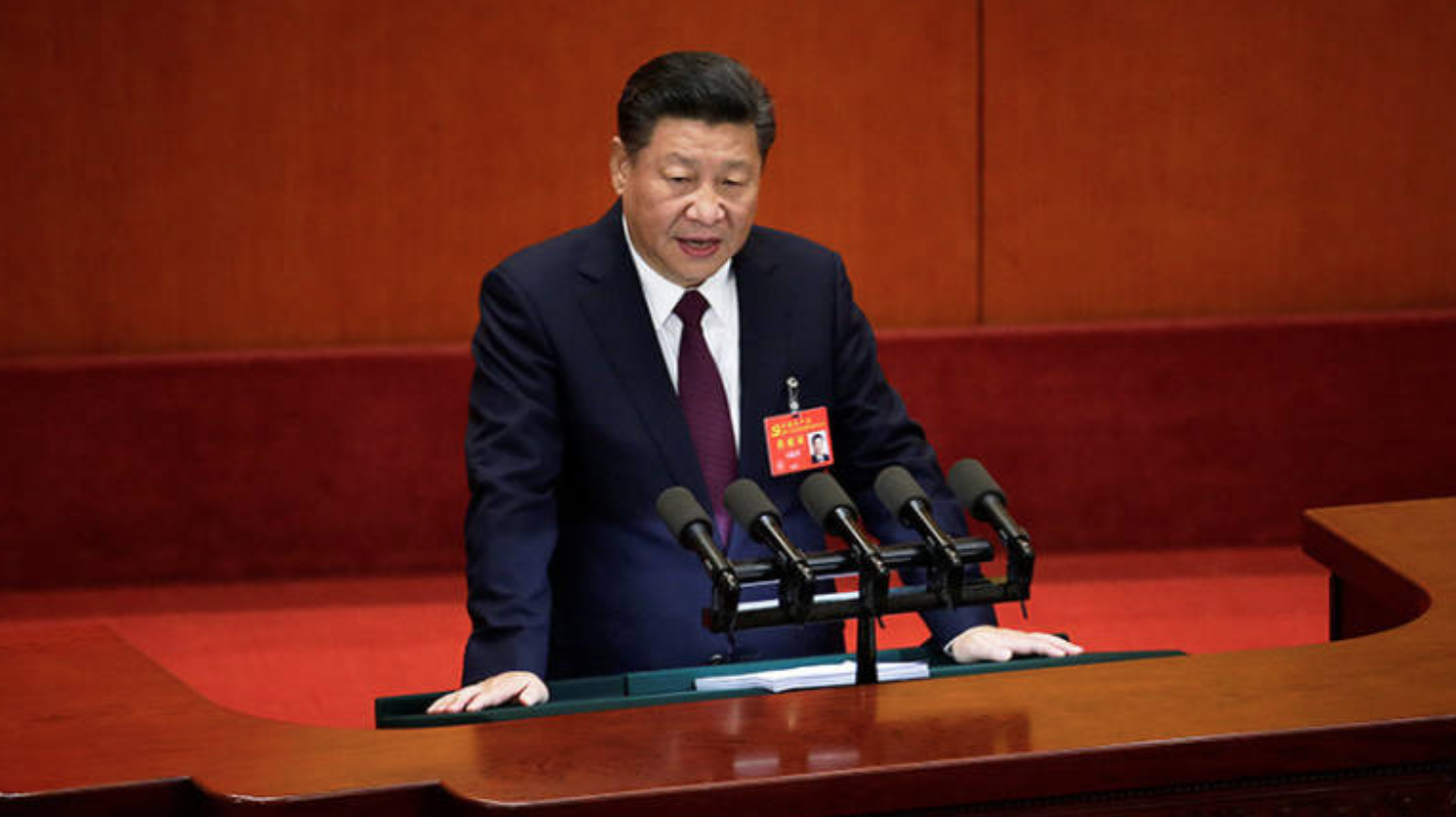After the dust cleared a couple of years after Tiananmen and until Xi Jinping came to power in 2012, China and the Western world enjoyed three decades of a placid relationship. It was not a tension-free era, but it was a win-win. China set the course for modernization, undertook structural reforms, joined with the enthusiastic support of the West in world trade. The world factory and globalization emerged, Chinese domestic demand began to shake up markets and China started to internationalize. Everything was going on smoothly.
Beijing also managed to get the idea across that it needed time to tackle political reforms. With this alibi, the democracies continued to benefit from the favorable situation while keeping their consciences clear. However, after Xi Jinping came to power, everything began to change. He inherited a more powerful and prosperous China: competing globally, acquiring assets and technology, and building infrastructure and influence. A giant that rivals diplomatically, objects to the world order, does not submit to anyone’s scrutiny and does not tolerate criticism.
Self-defense brake
On the domestic plan, the booming urban middle class and an innovative private sector interconnected with the world embodied the country’s modernization and relative well-being. A qualitative leap that Xi Jinping did not see as a strength, but as a threat. As it had already happened in Taiwan or South Korea, and in so many Latin American countries, China met the requirements and was beginning to be ripe for a political transition. Faced with the prospect of an unstoppable democratization movement and with the lesson of the collapse of the Soviet Union well learned, Xi activated the brakes.
In accordance with its political logic, the regime pushed – in self-defense – for the recentralization of the authority of the Communist Party (CCP) in order to ensure its control of society, its command over the economy and the pre-emptive elimination of any opposition. Thus, in order to eradicate what Xi calls the crooked winds, he launched a campaign against the hidden dangers stemming from corruption, ideological dissidence and Western influence. With the so-called Document No. 9, a 2013 internal circular prohibiting the promotion in China of “dangerous” democratic values, brewing ideological hostility against the West and its freedom-based political value system.
In Xi’s image and likeness
This Xi-like and increasingly authoritarian China, forged in the last decade, is the one that was strengthened at the 20th CCP Congress held last month. Not only this conclave consolidated Xi’s third mandate and perhaps also his perpetuation in power, but it also blew up the collective leadership instituted almost half a century ago to prevent, precisely, that personalist drifts lead to anarchy in China, as happened in the Maoism period.
Surrounded by collaborators whose merits go to their loyalty to him, and with no internal opposition in the communist leadership, Xi will have free hands to exercise power at his liking. All this affects Latin America. Let’s see why. The relationship forged since the turn of the century with China has been based on the indisputable assumption that this link brings the region a fundamental economic gain. Exports, investments, GDP growth and other macroeconomic figures support this idea and, therefore, are usually presented as evidence of the benefits that Latin America obtains from Chinese demand and its presence in the continent.
Latin America: risky economic pragmatism
It is true that a finer analysis would introduce nuances. For example, Latin America has failed to take advantage of its dealings with China to create value-added industries that generate wealth, and has thus strengthened its position as a mere exporter of unprocessed natural resources. Or the aftermaths of the Chinese model in terms of socio-environmental impact, as well as the commercial or financial dependence that some countries already suffer from China. However, the negative aspects are overshadowed by a stronger idea: that China is strategic for the future of Latin America.
The entire relationship with the Asian power is thus subordinated to economic pragmatism, which explains the official acquiescence – and silence – with respect to Chinese authoritarianism. Now, what if China was to suffer the greatest economic deterioration in 40 years? Would this change the scenario for Latin America? The question is relevant because the economic situation in China does not look good. What seemed impossible for decades, a sharp slowdown, is happening. The World Bank forecasts a growth of 2.8% for this year, a figure that socially and politically in the Chinese context sets off all the alarms.
Symptoms of depletion
The slump is not cyclical but a consequence of the housing crisis, which threatens to spread to the rest of the economy, and the Draconian restrictions of the zero COVID-19 policy that have sunk consumption and spurred social indignation and protests across the country, according to Freedom House.
These are not the only challenges. The development model based on exports, urbanization and gigantic investments is showing signs of depletion. The selective disengagement from the democratic world and the US controls on the export of semiconductors, whose impact is colossal for China, draw a complex and worrying future for the communist government, without mentioning the geopolitical uncertainties.
The party is coming to an end and, therefore, China and its relationship with the rest of the world are entering a new era, which will undoubtedly be more complicated. Latin America, which for more than two decades benefited from China’s boom, could then see its expectations of the Asian giant dashed. If the bad omens come true, Latin American governments will have to adapt to a different scenario, that of dealing with a China that is less seductive due to its authoritarian drift and for not offering the opportunities it used to.
*This text was originally published in Diálogo Político.
**Translated from Spanish by Camille Henry











